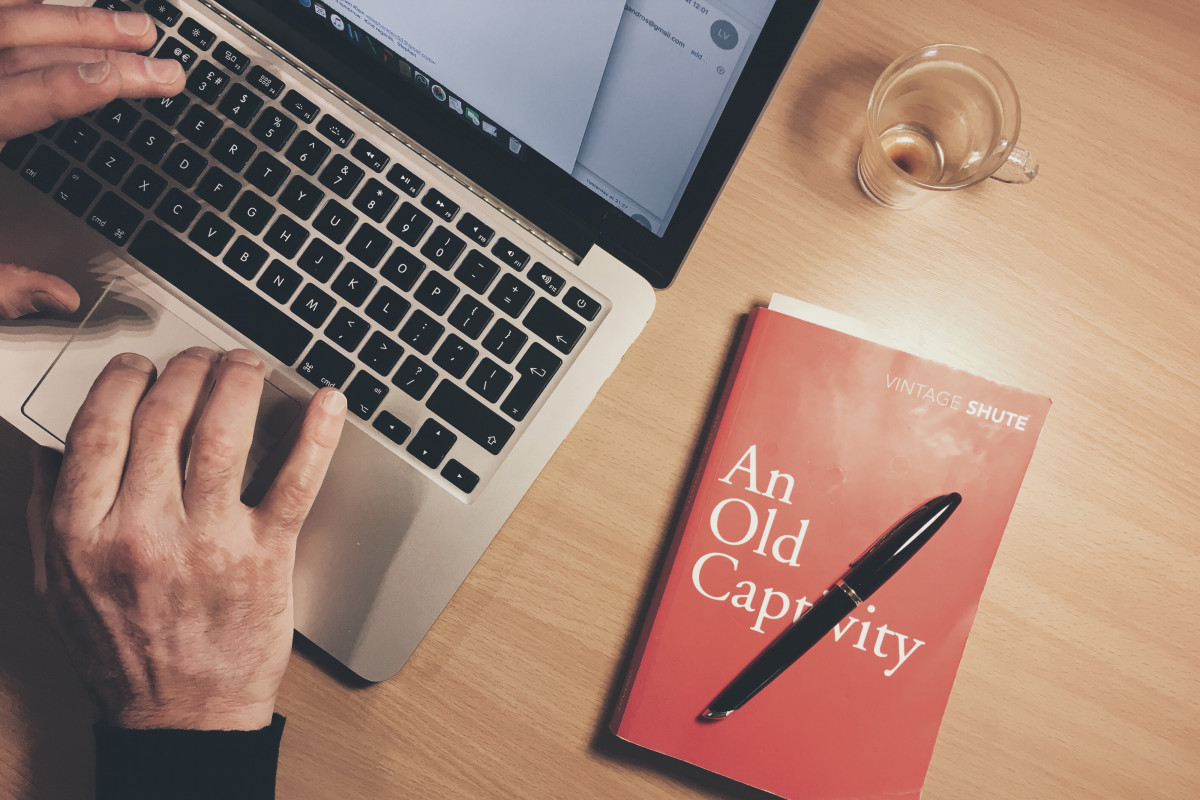A large number of people prefer to type using electronic devices and keyboards, especially in classrooms and offices. No one can deny the advantages of typewriting; it is fast, accessible, easy-to-use, practical, and offers auto-correct. Additionally, typewriting is a less demanding and frustrating tool for young children, who can express themselves at an early age. As such, this tool has gradually replaced paper and pen; handwritten notes have, thus, become uncommon. The potential impact of this substitution on the human brain has prompted calls for further research among some scientists.
Is handwriting better for our brains?
The short answer is "Yes". This is what scientists discovered in a study published in the journal Frontiers in Psychology: handwriting enhances connectivity among different regions across the brain, which helps build memory and encode information, thus, increasing the ability to learn. With this increased connectivity, spelling accuracy improves and the ability to recall information also increases.
Compared to typewriting, traditional writing is much slower; however, scientists believe that this slowness in tracking letters and words, which characterizes handwriting, provides individuals more time to learn and process information.
The Pen Wins!

Source: pxhere.com
To substantiate this belief and infer how it occurs, researchers shared words with 36 university students; they asked one group to write these words using a digital pen on a touch screen, and another group to use a keyboard. During this study, the researchers recorded the students' electrical brain activity. The results have shown a notably increased activity in the first group, as compared with the other group.
The findings confirm an increased amount of sensory involvement when moving the fingers to form letters, which enhances connectivity among brain regions. It means that when handwriting is used more as a learning strategy, the more regions in the brain are activated; in turn, this leads to forming a more complex connected neural-network. Vision, motor commands sent from the brain, and fine movements of hands and fingers, are also involved; things that are lacking in typewriting.
Speed versus Consciousness

Source: hippopx.com
Researchers explain the relation between handwriting and increased connectivity among different regions across the brain, by saying that this writing tool requires a precise control of fingers; forcing students to pay attention to what they write. While mechanical writing tools and keyboards facilitate faster writing, this speed may come at the expense of the content itself. Though digital pens were utilized in the study, the researchers anticipate similar results with traditional pen and paper.
Handwriting is a Necessity in the Digital Age

Source: pickpik.com
The researchers of the study emphasize the importance of incorporating pen use in classrooms and urge to expose children, particularly during early childhood, to handwriting activities at schools. This practice may contribute to the formation of neural connectivity patterns that enhance the learning process. Overall, incorporating traditional writing into education is crucial in our digital age, to equip younger generations with fundamental writing skills, for both practical use and self-expression. This goes hand-in-hand with keeping pace with technological advancements and embrace cutting-edge writing tools.
Researchers advise educators and students to choose between handwriting and typing based on the specific task and the corresponding educational context. For tasks such as note-taking, which improve information comprehension and retrieval, handwriting might be preferred, while typing using a keyboard might be more suitable for longer tasks, such as writing articles.
References
frontiersin.org
psycnet.apa.org
journals.sagepub.com
sciencenews.org
Image by Dragana_Gordic on Freepik